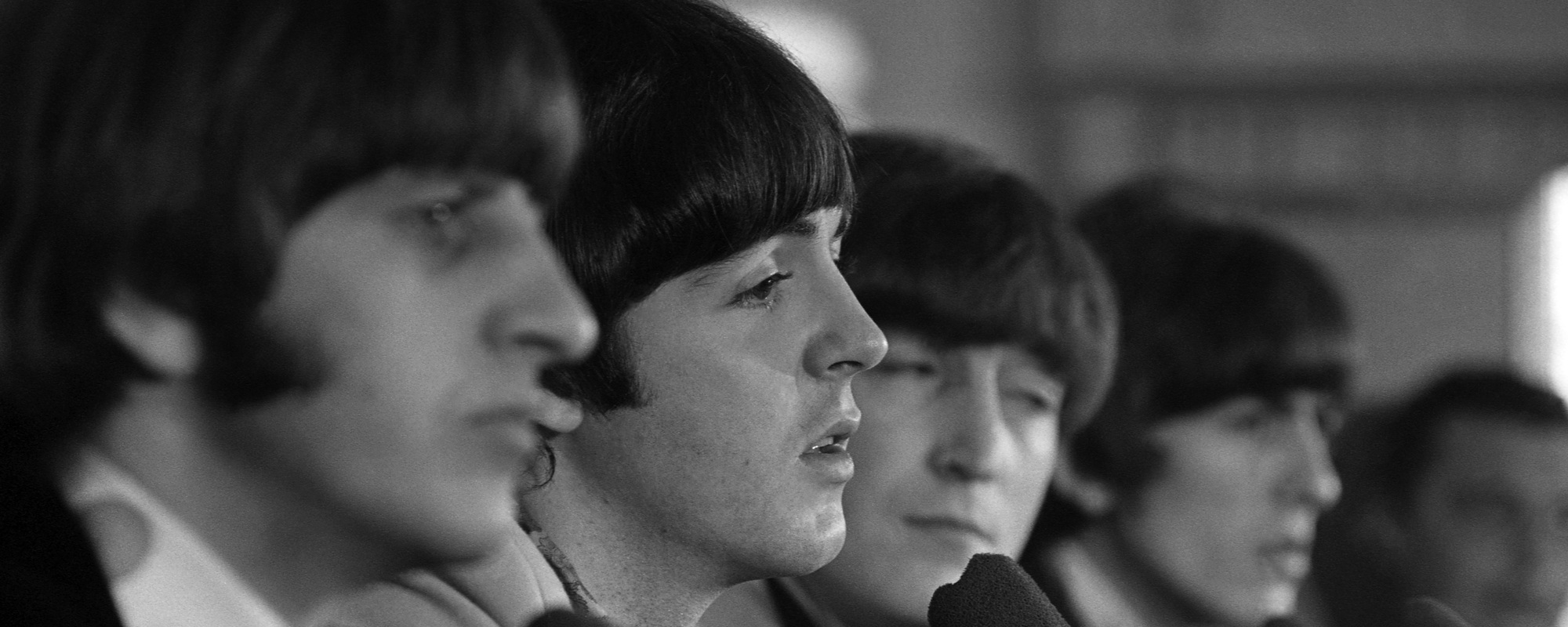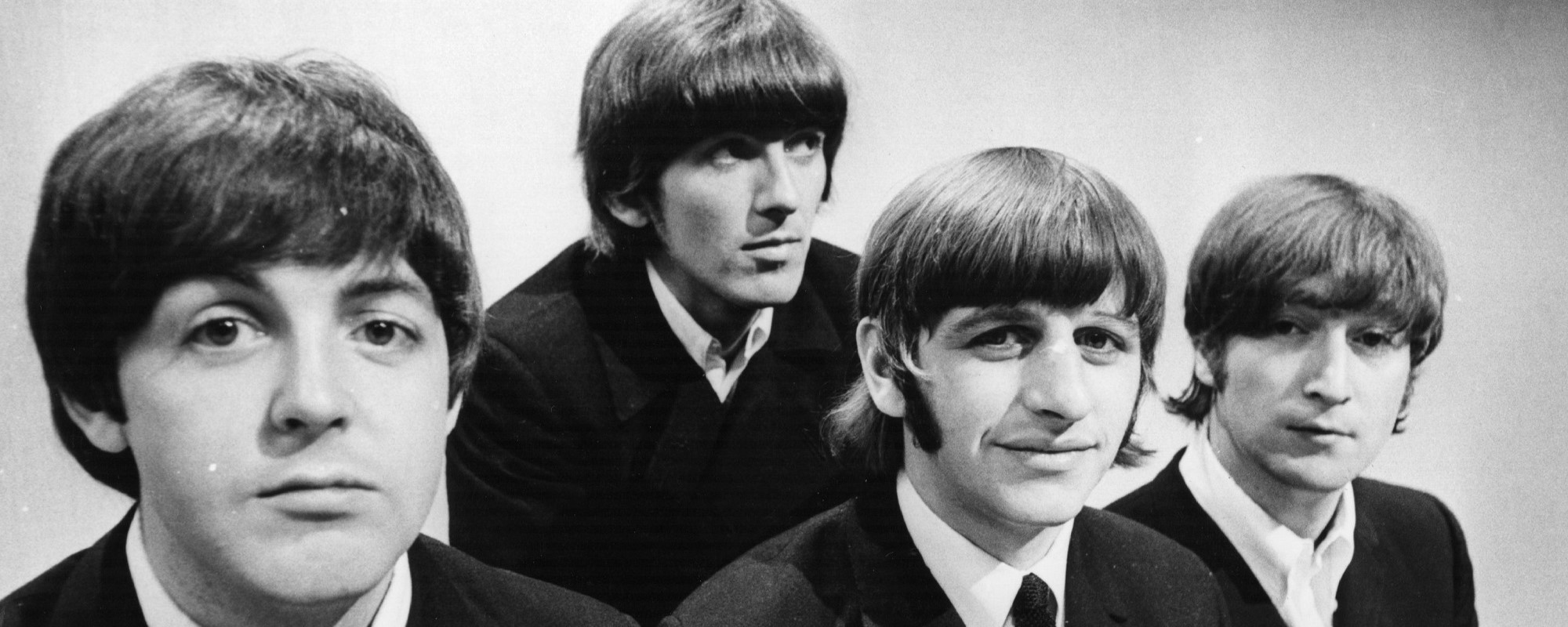Her voice, her attitude, her imposing frame: in every sense of the word, Big Mama Thornton, the woman who claimed responsibility for Elvis Presley’s fortune, lived up to her name. The iconic blues singer cut her teeth performing at nightclubs across the southern United States in the late 1940s and early 1950s. Shortly after landing a recording contract with Peacock Records, Thornton cut “Hound Dog.”
Videos by American Songwriter
Yes, the same “Hound Dog” that would undergo a rockabilly revision for Memphis heartthrob, Elvis Presley, who released his version four years later in 1956. While the general public would come to remember that track as a Presley classic, Thornton was quick to remind folks of the origins of the Jerry Leiber and Mike Stoller composition.
Big Mama Thornton Mentioned Elvis Presley In Her Live Shows
Big Mama Thornton’s biggest hit was far and away her 1952 recording of “Hound Dog” by Jerry Leiber and Mike Stoller. The press lauded the track as the top blues song in the country, spurring countless covers by Freddie Bell and the Bellboys, Eddie Hazelwood, Tommy Cuncan and the Miller Brothers, and more. But no cover version grew in popularity quite like Elvis Presley’s, which he released in 1956 to great acclaim.
Presley’s version of “Hound Dog” soon overshadowed the versions that had come before it, including Thornton’s. But she was always quick to remind her audiences that it was her hit first. “This is the record I made Elvis Presley rich on,” she would say while introducing “Hound Dog” during her live performances, per Michael Spörke’s Big Mama Thornton: The Life and Music.
In 2022, “Hound Dog” co-writer Mike Stoller argued that Presley didn’t steal Thornton’s hit. If anything, Presley was copying the Freddie Bell and the Bellboys’ version of the track. In either case, the songwriter expressed an affinity for Thornton’s 1952 rendition.
“[Elvis’ version] didn’t have the groove that Big Mama’s record had, which was fantastic,” he said. Of Thornton’s lack of compensation for the hit song, especially after Presley made it more famous, Stoller said, “That’s true of not only Big Mama but of many black performers and songwriters.”
A Bear Cat Blues Icon vs. The King of Rock and Roll
The fact that Elvis Presley became rich off “Hound Dog” in a way that Big Mama Thornton never did is as much a testament to Presley’s industry-dominating presence as it is to the overt racism controlling the entertainment business at the time. Aside from financial woes, Thornton expressed discontent over Presley on a personal level.
In his book about Thornton, Michael Spörke recalled an interview in which the blues icon talked about Presley refusing to share a bill with her. “Everybody [is entitled] to their own opinion. [Elvis] was all right. I called him ‘Shakin’ Hound Dog’ because he shook everywhere he went. But ain’t’ but one thing I didn’t like about Elvis, when he refused to play on the same bill with me. Right after “Hound Dog.” When he came out with “Hound Dog,” they wanted to bill us on the same bill. He refused, saying nothing that a colored person could do for him but shine shoes. That was a big write-up in the papers.”
“We never did play on the same bill,” she continued. “In fact, it didn’t make no difference because I was just as proud, prouder than he was because I’m black and he is white. He’s making a million. I’m making a zillion nothing, you understand? But I’m still living. Gonna keep living.” There is no evidence supporting Thornton’s claim that Presley made those comments. But she made the claim in several interviews.
Thornton continued to perform years after Presley’s death, although she never achieved the same level of success that she had with her 1952 hit. She was found dead in a Los Angeles boarding house on July 25, 1984. Her final resting place is in a pauper’s grave in Inglewood Park Cemetery in Los Angeles County.
Photo by Val Wilmer/Redferns/Getty Images










Leave a Reply
Only members can comment. Become a member. Already a member? Log in.